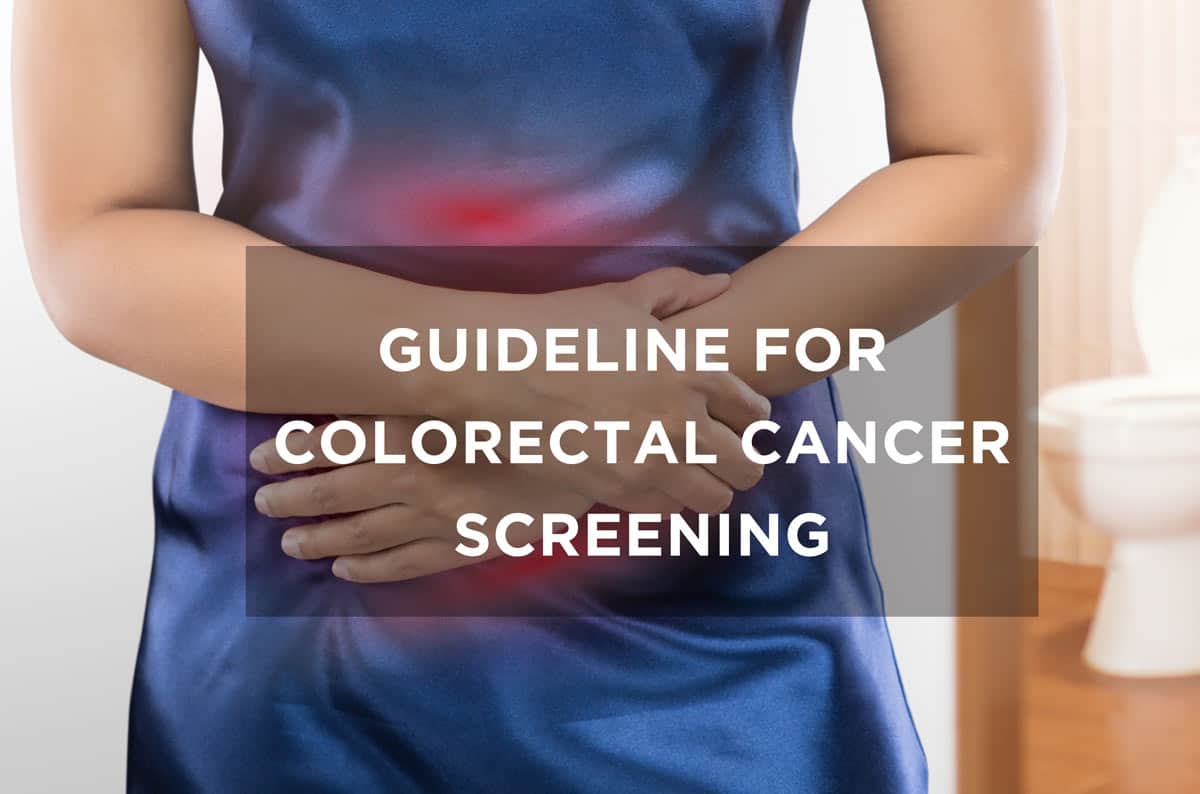
People at increased or high risk of Colorectal cancer might need to start Colorectal cancer screening at age 45, and/or get specific tests. The people at risks are:
- A personal history of colorectal cancer or certain types of polyps
- A family history of colorectal cancer
- A personal history of inflammatory bowel disease (ulcerative colitis or Crohn’s disease)
- A confirmed or suspected hereditary colorectal cancer syndrome, such as familial adenomatous polyposis or Lynch Syndrome
- A personal history of getting radiation to the abdomen (belly) or pelvic area to treat a prior cancer
Test options for colorectal cancer screening
- Stool –based tests
- Highly sensitive fecal immunochemical test (FIT)
- Visual (structural) exams of the colon and rectum
- Colonoscopy
- CT Colonography (Virtual Colonoscopy)
If a person chooses to be screened with a test other than colonoscopy, any abnormal test results should be followed by colonoscopy.
What is Colonoscopy?
A colonoscopy is an exam used to detect changes or abnormalities in the large intestine (colon) and rectum. During colonoscopy, a long flexible tube (colonoscope) is inserted into the rectum. A tiny video camera at the tip of the tube allows the doctor to view the inside of the entire colon. If necessary, polyps or other types of abnormal tissue can be removed through the scope during a colonoscopy. Tissue samples (biopsies) can be taken during the colonoscopy as well.
Why do you need a colonoscopy?
There are few reasons you might need a colonoscopy:
- Investigate intestinal signs and symptoms. Explore possible causes of abdominal pain, rectal bleeding, chronic constipation, chronic diarrhea and other intestinal problems.
- Screen for colon cancer.
- Look for more polyps. If you have had polyps before, your doctor may recommend a follow-up colonoscopy to look for and remove any additional polyps.






